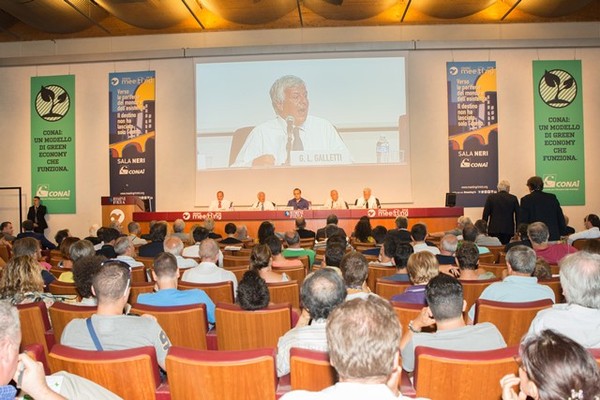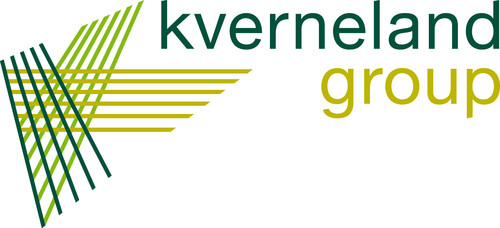
Agriculture Machinery: governance for the environment
The FederUnacoma president hosted a meeting in Rimini for discussing relations between the economy and ecology and defining the contribution of the Italian agricultural mechanization industry to solving the problems associated with the exploitation of natural resources
Reconciling the requirements of production and safeguarding the environment is a priority objective for agricultural mechanization, an objective for which the industries in the sector have invested substantial resources over at least the past twenty years. From technologies for eco-compatible plant treatment and minimum tilling operations to engines with low impact on the environment, plant for optimizing water resources and on to IT and satellite applications for mapping the land and the scientific management of operations, there is no area for which the agricultural mechanization industry has not planned and development important innovations. These were the considerations FederUnacoma President Massimo Goldoni brought out in a report on the theme Ecology and the Economy: From Opposition to Synergy delivered the last August 27th at the Meeting in Rimini. In a scenario in which we are witnessing a significant increase in the world population and the growth not only of the food requirement but also expectations of a better quality of life for many people thus far relegated to “the margins of the world”, production guarantees along with the conservation of natural resources have become a decisive challenge. “The efforts for innovation put in by our industrial sector involve great costs for the manufacturers facing the risk of seeing them nullified by a system which fails to reward virtuous mechanical engineering enterprises lacking financial backing for research, for starters.”
Introducing the work of the conference, Domenico Lombardi, the director of the Global Economy Department at the Center for International Governance Innovation (CIGI) in Canada, pointed out that “growth and the environment are not competing factors because an economy without ecological sensitivities would be inconceivable just as an ecological policy without an adequate economic return could not be conceived.”
Italian Minister for the Environment Gian Luca Galletti affirmed, “The culture of the environment has grown so much in these years that today it is possible to ask a company why eco-compatible requisites are lacking to raise the value of the environment over the value of the work itself and productivity. This is the new context in which environmental problems are no longer dealt with through a leftover of emotion but in a spirit of pragmatism and with the support of science,” the minister added.
Paolo Fantoni, the CEO of Fantoni S.p.A. and vice president of Federlegno, focused on systemic characteristics to underscore that “Italy is now in the avantgarde in recycling wood technologies for the production of panels for manufacturing industries, especially for furnishings, but this excellence has not yet been taken advantage of at the level of marketing and product image or even where the ecological quality of the procedures adopted is evident and measurable.”
On this issue, Fabrizio Cerino, the president of NephroCare, an avantgarde company in the health care field, added his testimony, saying that also in his sector it is now possible to measure with precision what and how many resources are employed for the production of pharmaceutical products and health care and the precise parameters for the sustainability of this production.
In his statement, Goldoni affirmed that relations between ecology and the economy can be well managed thanks only to lucid and coherent political acts, “acts which are capable of defining development models and indicating priorities, capable of financing research and promoting the transfer of innovations, above all capable of sustaining cooperation and cultural, economic and technological exchanges between peoples.” Thus technological innovation is a key factor for the development of agriculture and all the leading production sectors but must be “humanized” to put innovation at the service of interests spurring progress arriving from Italy and all corners of the world. This is the spirit with which FederUnacoma came to the Rimini Meeting with its own institutional stand created to tell the story of mechanization to the general public, as opposed to the usual categories of business people and other professionals in the field of agricultural mechanization. The installation also provided a key to the reading of the upcoming EIMA International exposition, the great agricultural mechanization review set for 12 to 16 November in Bologna opening also to culture, ethical values and human progress.








